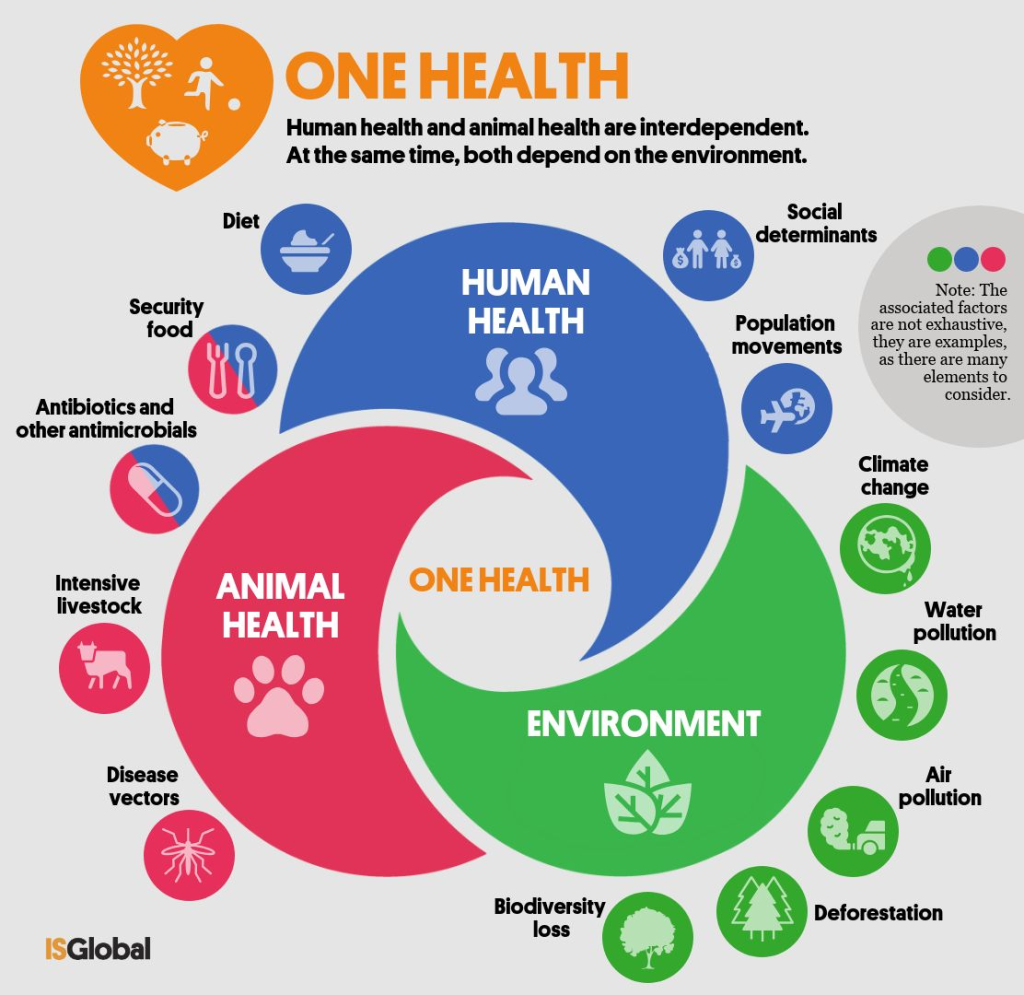
Should there be a referendum?
By Dr Ros Jones – Retired Consultant Paediatrician and HART member
Late last year HART was invited to be a co-signatory on an open letter to the relevant parliamentary scrutiny committees on the much vexed question of increasing WHO powers. The proposals are via a combination of changes to international health regulations, which require only a 51% majority of member states, and a wholescale change to the Treaty, which would require a two thirds majority.
Dr David Bell, a British public health physician currently working in the US, wrote a detailed analysis of the changes here, and it would have been helpful if some of the MPs attending last week’s parliamentary debate had read this or even the WHO document itself before speaking.
The parliamentary debate arose from a petition which had garnered well over the 100,000 signatures required to trigger such an event.
As a representative of HART, I joined Shiraz Akram, lead author from the Thinking Coalition, and Jon Dobinson, another signatory on behalf of Time for Recovery to attend in person. Arriving early, I immediately saw the tireless Piers Corbyn with loudspeaker in hand and a team of leafleters trying somewhat unsuccessfully to engage the passers by. Unfortunately constitutional change, completely ignored by MSM, doesn’t really grab the attention.
Moving inside through the usual security, we soon encountered the ubiquitous British queue. The first problem in open democracy is that of course the debate was held in one of the committee rooms. The members of the public attending were greater than the number of MPs, with no possibility of moving some of the empty members’ seats into the public area at the back, so some were left waiting outside. Those of us lucky enough to get a seat were all under strict instructions not to heckle nor indeed to clap! This proved too hard for some of the more enthusiastic.
It is well worth watching the whole debate though you may wish to play it on a fast setting (slow it back to normal for Esther McVey who crammed many excellent words into her allotted time). Alternatively, skim reading on Hansard is a good option or if really short time to Molly Kingsley’s Twitter thread!
The opening speech was by Nick Fletcher MP, from the Petitions Committee. They are under no requirement to promote the views of the petitioners but he was quite measured and I suspect reading the petition had got him thinking about issues of sovereignty he would otherwise have completely overlooked.
Watch the early interjection by John Spellar – the venom of the word ‘antivax’ and the way it is simply used as an alternative to debate are notable. He opened his subsequent speech with, “Part of this argument has been about vaccination. We go back to Dr Wakefield and that appalling piece of chicanery that was the supposed impact of the measles, mumps and rubella vaccine, which has now been completely exposed and discredited. He is now Mr Wakefield and no longer a recognised doctor.” The implication was somehow that anyone questioning the wisdom of the WHO should be stripped of the title ‘doctor’ or else what was the relevance of his remarks? He described the “appalling subculture of those who live by conspiracy theories. The anti-vaccine campaign is one of those..”
Then followed an excellent speech by Danny Kruger giving examples of the proposed extension of the regulations. “The WHO’s powers will potentially extend to ordering countries to close borders; to travel restrictions; to the tracing of contacts; to refusal of entry; to forced quarantining; to medical examinations, including requirements for proof of vaccination; and even to the forced medication of individuals. It is not just when a pandemic has already been declared that those powers might be invoked: the WHO claims these powers when there is simply the potential for such an emergency.”
As John Redwood aptly put it, “To colleagues who like this treaty, is the easy answer not that we will, of course, remain members of the WHO, read its advice and accept that advice where we wish? Why should we have to accept advice when the WHO may get it wrong, and we can do nothing about it because it decides, not us?”
Danny Kruger pointed out, “.. global threats that defy borders require global co-operation, and it is certainly true to say that this country was not sufficiently prepared for the pandemic when it broke out, but I do not believe that the lack of readiness was due to a lack of international co-operation. Indeed, the degree of international co-operation was astonishing. The lack of readiness was in the ordinary business of contingency planning by the British state—the security of supply of equipment, capacity in the health service, and our ability to support the vulnerable and the isolating. That is where we were not ready.
In fact, we could say that in a crucial respect the UK was prepared. We thought that we knew what we would do in the event of a pandemic. We would introduce targeted isolation and targeted protection of the most vulnerable—the application of personal responsibility, not mass lockdowns, which were not part of the plan—but we threw that plan aside immediately, and we went for exactly what everybody else around the world was doing. Or almost everyone—never forget plucky Sweden.”
Justin Madders, Labour, was very worried about conspiracy theories eg “referring to the WHO as “globalists” that “drain our resources, serve our enemies, and continue working to establish a global dictatorship over everyone and everything.” That sentiment is clearly ludicrous, as is the reference to the WHO being owned by Bill Gates or the Chinese Government.” Worryingly, whatever the motivation ‘globalists’ is surely correct as is the major financial input from the Bill & Melinda Gates foundation and the Chinese government. He went on to mention: “descending into the dark world of conspiracy theories that suggest that vaccines do more harm than good.” He might want to reflect on Table S4 of Pfizer’s own 6 month Safety and Efficacy report!
Read the next speech by Sir Christopher Chope, who has done a detailed dig into the current Director General of WHO, at whose discretion WHO can declare an emergency or even a potential emergency. Tedros Ghebreyesus’ past as a senior figure in the Tigray People’s Liberation Front does not make for reassuring reading.
Although not strictly relevant to the topic of the WHO treaty, Preet Kaur Gill, MP for Birmingham, Edgbaston made one very important request to the minister which has been largely overlooked, namely that, “Advances in gene editing mean that virologists can more easily modify viruses to be deadlier and spread more quickly, increasing the security risk posed by bioweapons and bioterrorism. Will the Minister comment on our concern that the biological weapons convention currently remains very weak, with little funding and only four staff, compared with the 500 staff for the chemical weapons convention?”
Most worryingly, Anne-Marie Trevelyan, Minister of State, Foreign, Commonwealth and Development Office, does not appear to have a full grasp of the proposed changes in the regulations. When asked by Esther McVey, “Can the Minister reassure my constituents who are concerned that the Government will concede sovereignty and hand power to WHO? Can she give reassurances that that will not happen?” she replied, “Yes, absolutely I can. The speculation that somehow the instrument will undermine UK sovereignty and give WHO powers over national public health measures is simply not the case.”
How does Ms Trevelyan explain the removal of the word ‘non-binding’ and the replacement of ‘should’ with ‘must’? Just check out the proposed changes. The potential reach of the WHO is summed up in this graphic.

If the changes go ahead as proposed, then all signatories will be tied under international law into a straightjacket of group think. As Danny Kruger rightly said, “Never forget plucky Sweden”!

Signing up to a WHO blank cheque is madness. The current proposals could result in the UK’s forced adoption of measures that have been discredited more than once and could cause untold damage. I do not think that there should be any further debate on this; there should be a firm “No”. Modelling is rubbish; masking does not work; lockdowns do not work (because they can never be complete enough); vaccines do not prevent acquisition of an infective agent (though they might perhaps modify what happens once that agent is in). WHO should read some plague history; Honigsbaum’s book “The Pandemic Century” would be a good start.